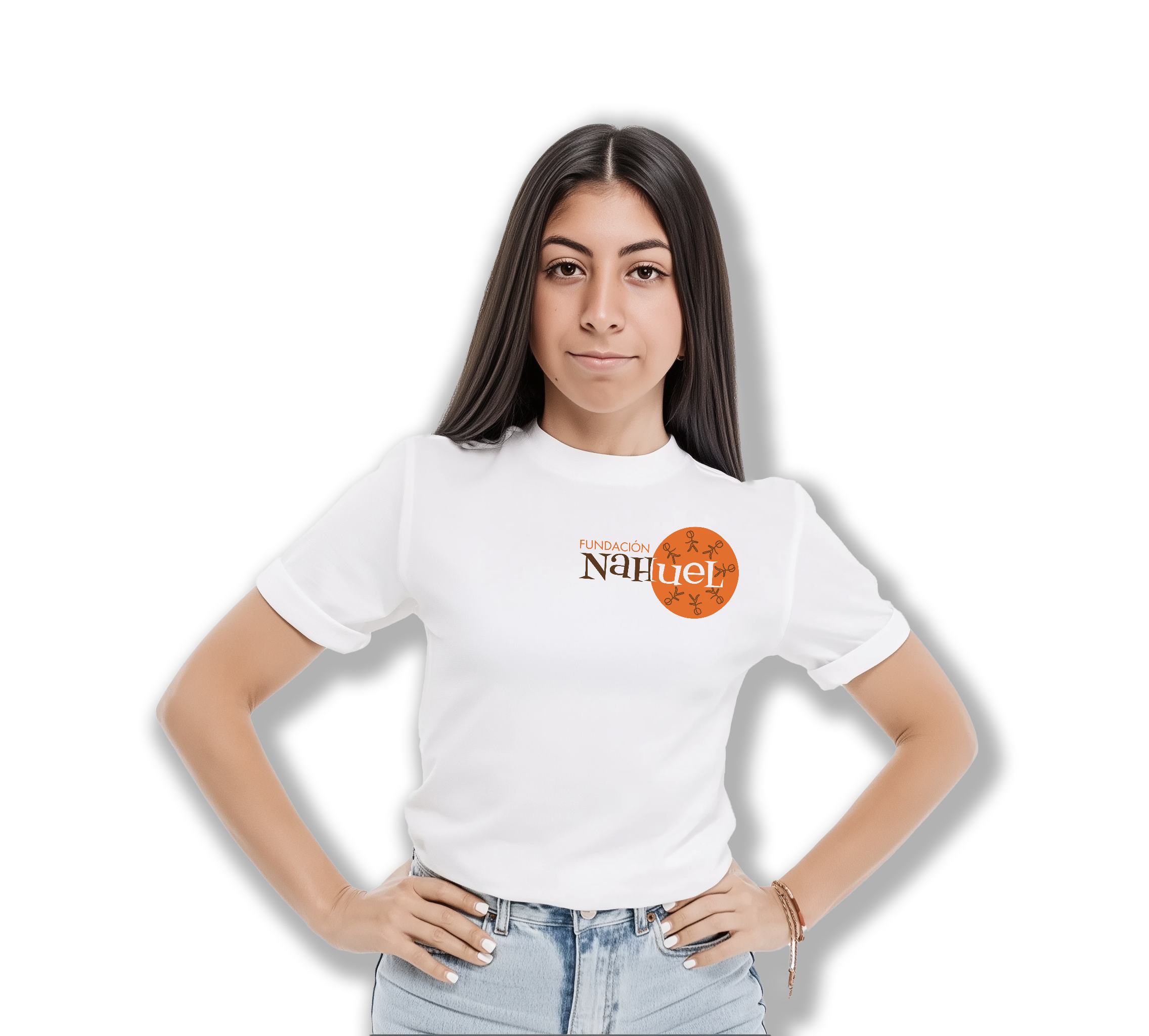
Health Emergency Fund
Providing Lifesaving Health Interventions for Children and Youth
The Health Emergency Fund (PAE) addresses urgent medical needs of children and youth in Ecuador. This fund focuses on critical health areas such as cardiology, ophthalmology, and malnutrition, offering vouchers for medical treatments, medications, laboratory tests, and hospital services.
Through partnerships with other NGOs, medical institutions, and hospitals, PAE ensures coordinated medical follow-up, helping patients throughout their treatment journey. This fund not only saves lives but also improves quality of life, preventing disabilities and chronic conditions while ensuring children continue their education and development uninterrupted.
Fund Objectives
Established: 2007
Children Helped: Over 22,000 to date
Average Cost Per Case: Varies based on the severity of the case, ranging from vouchers for medicine to full-scale medical interventions.
Comprehensive Approach: From financial aid to medical follow-up, coordination with institutions, and post-treatment care.
Areas of Impact
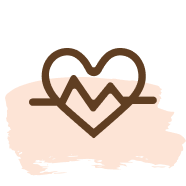
Cardiology
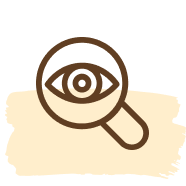
Ophthalmology
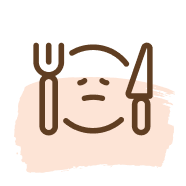
Malnutrition

Emergency medical care
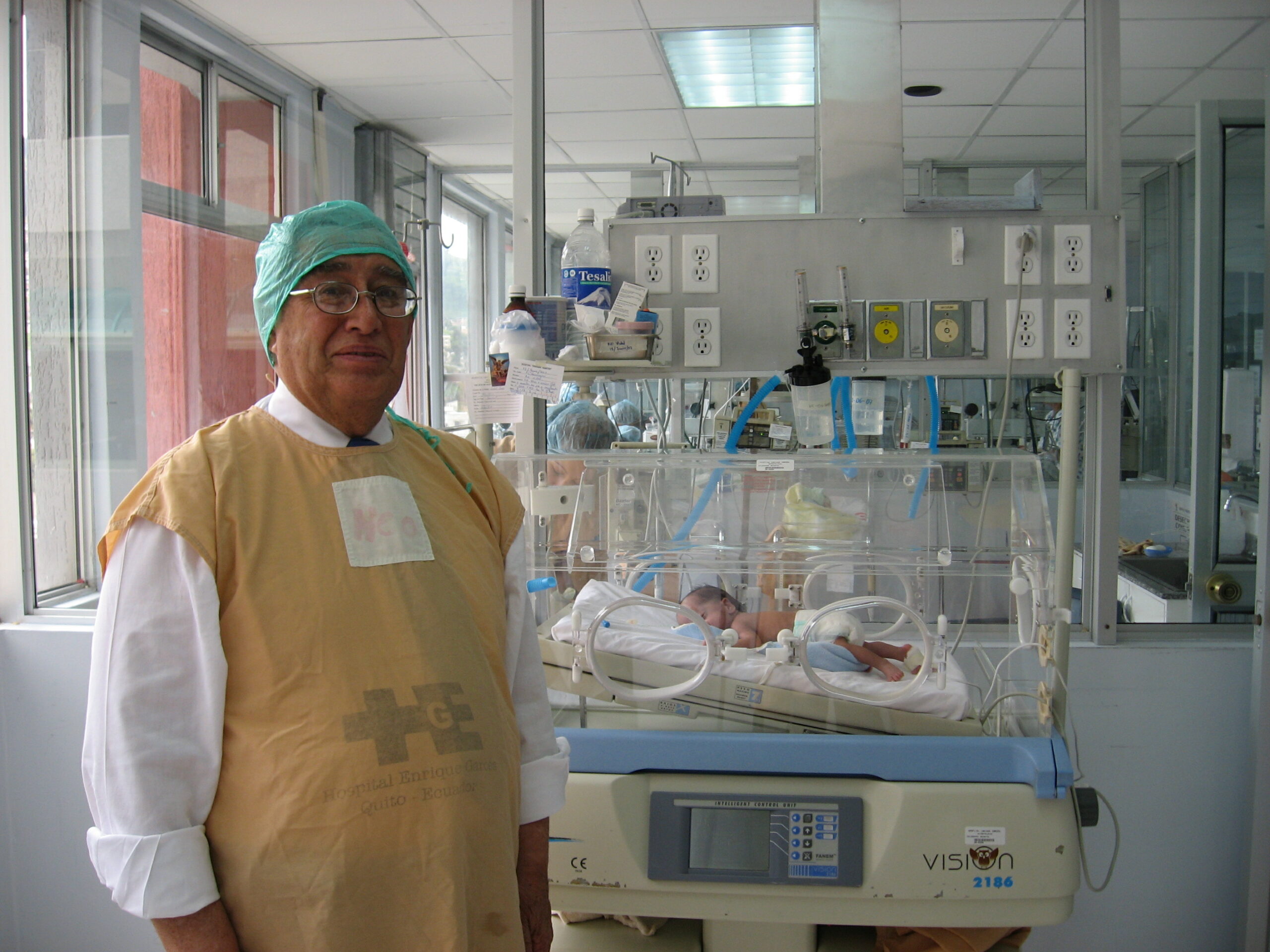
Bridging the Gap in Healthcare
Ecuador’s public healthcare system offers free treatments, but the resources often fall short, leaving many children without the care they urgently need. The Health Emergency Fund steps in to fill this gap, especially in cases where immediate action is required to prevent:
Disabilities or irreversible organ damage.
Chronic conditions resulting from untreated acute diseases.
Premature deaths caused by delayed medical attention.
The foundation’s mission is to prevent these outcomes by providing timely interventions and financial support, ensuring that every child, regardless of their circumstances, has access to lifesaving treatments. Since its inception in 2007, the fund has transformed over 22,000 lives, offering hope and a healthier future.
Help Save Lives Today
Your contribution to the Health Emergency Fund directly impacts the lives of children in need of urgent medical care. Here’s how you can help:
One-time Donation
Monthly Giving
Corporate Sponsorship
Every donation, no matter how small, helps us provide the resources needed to prevent disabilities, save lives, and give children the opportunity to grow, learn, and thrive.

4 Stories of 109

Maycol Alejandro Taype Lema
12 yearsMaycol and her family migrated from the countryside to a sub-urban neighborhood south of Quito, they are indigenous people from the highlands, living in overcrowded conditions. The family consists of her parents and 8 siblings. Her father has informal and sporadic jobs in the market, her mother sells fruits and vegetables in the streets.
Diabetes
Help: Examinations of laboratory and medicines
Cost: $ 125,00

Riofrio Collaguazo Carlos Manuel
20 yearsCarlos is Carmen's brother, he also suffers from chronic renal insufficiency, his disease is more advanced. He receives dialysis 2 days a week in the public health system and is waiting for a kidney donor to receive a transplant.
Chronic renal insufficiency
Help: medicines and nutritional supplements specific to your disease
Cost: $ 210,85

Rodríguez Naranjo Ana Valentina
20 yearsValentina is the second of 5 siblings, she is an orphan of her father, her mother was deprived of her freedom from the time Valentina was 8 years old until she was 16 years old.
She and her siblings have always lived with their maternal grandmother, who has raised and cared for them. She is now quite old and very ill.
Dermatology- Eczema acute chronic
Help: Medicines
Cost: $ 82.00

Rodríguez Loor Arianna Mayerli
22 yearsArianna is in college and lives with her mother and 4 younger siblings. Her father does not live with them; he left home when she was very young. The family depends solely on her mother who is a domestic worker.
Ophthalmologic and neurological
Diagnosis: Conjunctivitis and idiotropic headache.
Help: Medicines
Cost: $ 95.00
Frequently Asked Questions
Who is eligible for assistance from the Health Emergency Fund?
Children and youth facing life-threatening health emergencies, especially those at risk of disabilities, chronic conditions, or delayed intellectual development due to untreated illnesses.
What types of treatments does the fund cover?
The fund covers treatments in cardiology, ophthalmology, and malnutrition, as well as medicines, laboratory tests, and hospital stays for acute medical emergencies.
How is financial aid distributed?
Financial aid is provided in the form of vouchers for medical services, which can be redeemed for treatments, medicines, or diagnostic tests at partnered institutions.
Does the fund provide long-term support?
Yes, the foundation coordinates medical follow-up to ensure children complete their treatment plans and achieve the best possible health outcomes.
How can I trust my donation is making an impact?
Fundación Nahuel provides regular updates on how donations are used, including detailed success stories and the number of children helped annually.
